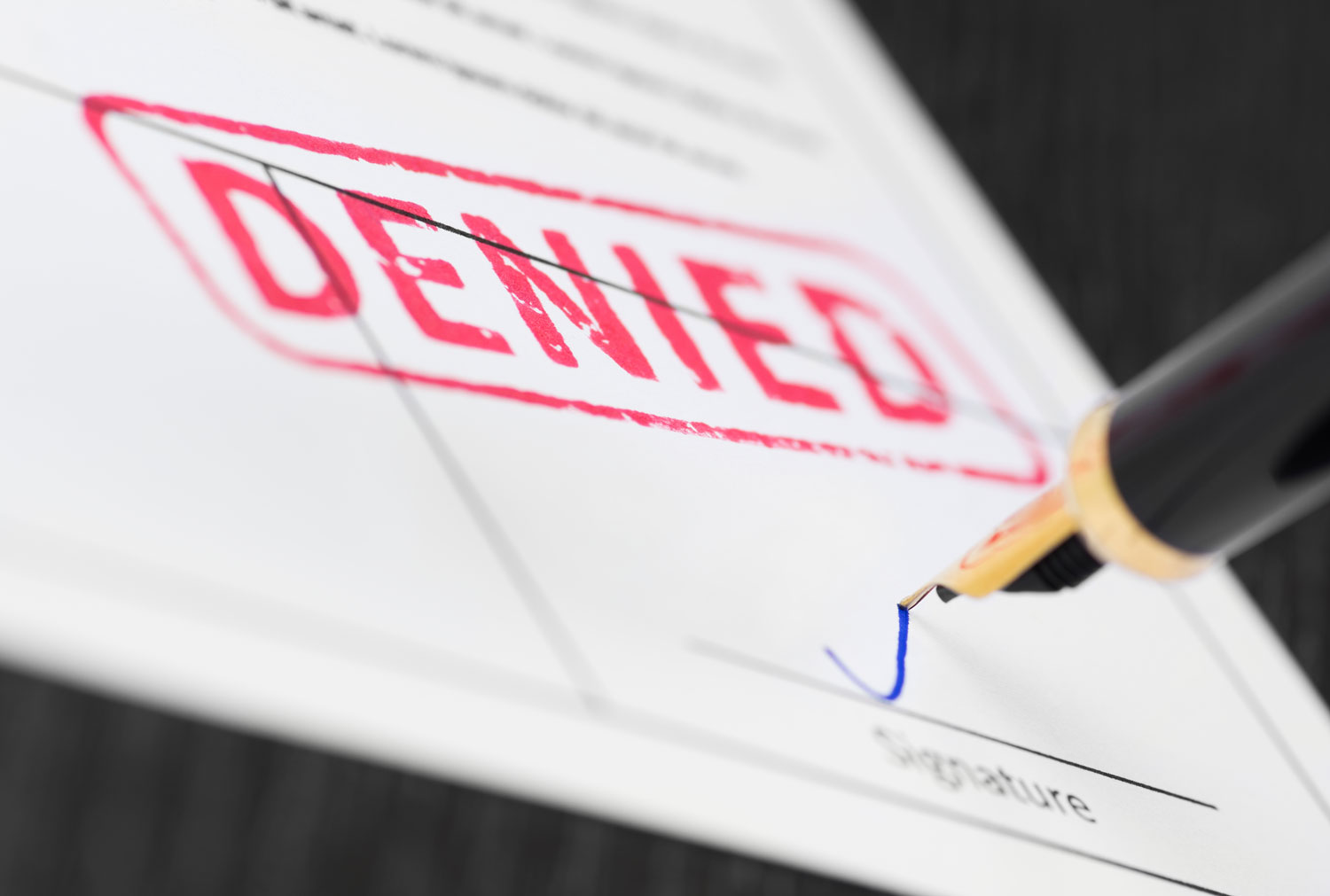Some Insurers Refuse to Cover Certain Hyundais and Kias: Here’s Why
Spikes in theft may cause concern with insuring some models.
 Shutterstock
Shutterstock
Article QuickTakes:
Certain Hyundai and Kia cars and SUVs are proving extremely popular, but for all the wrong reasons. A nationwide spike in thefts of vehicles from both brands caught the attention of State Farm and Progressive, two of the nation’s top auto insurers.
Why Are Some Hyundais and Kias So Easy to Steal?
Each company has temporarily stopped issuing new insurance policies for a wide range of older Hyundai and Kia vehicles that lack an anti-theft device known as an engine immobilizer. This pause in coverage issuance does not affect existing policy owners, however.
By model year 2000, most vehicle models included installation of engine immobilizers to prevent vehicle theft. This relatively simple device makes use of one microchip in the vehicle and another in the key fob. Upon a turn of the key, the chips link and a code is verified to begin ignition. If the code isn’t there or is not recognized for some reason, the vehicle won’t start.
Hyundai and Kia were slow to add immobilizers
In a 2021 report issued by the Highway Loss Data Institute (a division of the Insurance Institute for Highway Safety), in 2015 only 26% of Hyundai and Kia vehicles were fitted with standard engine immobilizers versus 96% of all other makes.
Unsurprisingly, the same study found Hyundai and Kia vehicles dating from 2015-2019 had theft rates 80% higher than the nationwide average for all other manufacturers from January to June 2021. It was only in November 2021 that the two automakers made immobilizers standard. The technology continues to be standard equipment on each brands’ full range of cars and SUV.
Internet videos make a bad situation worse
Savvy car thieves may have been aware of this flaw, but it rapidly became common knowledge via the internet. Starting in December 2021, a rash of internet videos were posted showing how to break into and start Kia and Hyundai vehicles lacking immobilizers. The posts were originally centered in Milwaukee, Wisconsin, though they quickly spread throughout the U.S.
At the time of this writing, Progressive and State Farm have not specified which cities and states where they’re halting coverage of older Hyundai and Kia vehicles.
However, channel WWL-TV in New Orleans, Louisiana, reported two State Farm employees confirmed that the company’s restrictions presently apply to Louisiana, Washington, Oregon, Georgia, and Pennsylvania.
How do you know if your Hyundai/Kia has an immobilizer?
The good news is that if your Hyundai or Kia vehicle has push-button start, it automatically has an immobilizer. Cars or SUVs that have a keyfob with remote lock and unlock functions also have immobilizers. It’s when the vehicle has a simple twist-to-start steel key that problems arise.
This means the majority of affected Hyunda and Kia vehicles are lower-end trims, such as base models of vehicles such as the Kia Rio, Hyundai Accent, Kia Soul, and Hyundai Tucson.
How to help prevent your car from being stolen
If you discover your vehicle does not have an immobilizer, you still have options. Hyundai is offering an aftermarket security kit for $170 (excluding installation fees) that triggers an alarm and activates an ignition kill switch. Kia has not released a similar fix, though both companies are offering steering-wheel locks for free in select areas.
However, not every owner is satisfied, and lawsuits demand that Hyundai and Kia fix affected vehicles for free as part of a recall, as well as additional damages. Owners are advised to contact a local dealership or a customer service helpline to learn if their vehicle is eligible for either solution.



